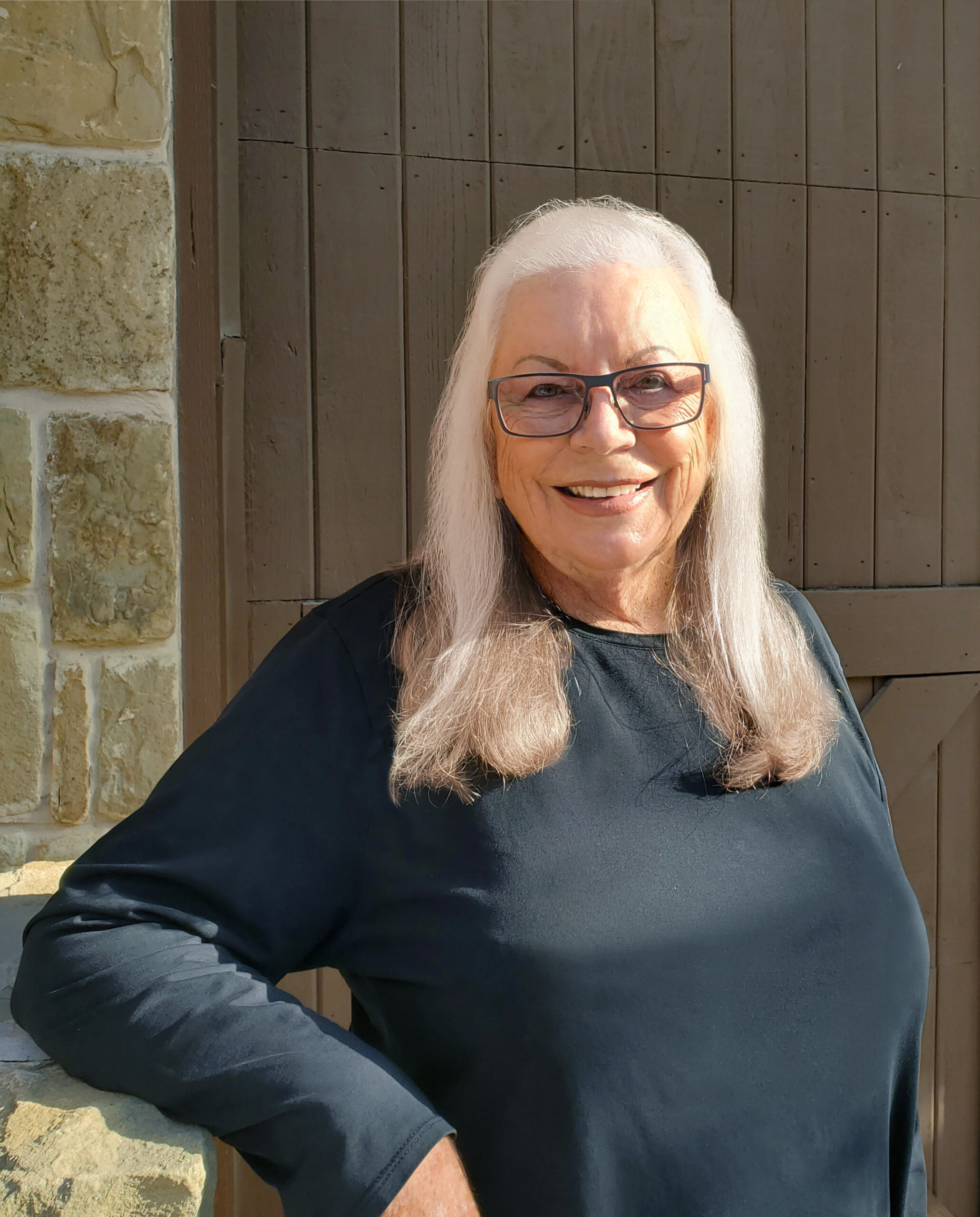“Everything happens for a reason,” says Charlotte Breeze, founder of Thergy. “So that’s how I justify all of this.”
Thergy brands itself as a company making “cancer care solutions” for patients undergoing traditional cancer therapies, and they’re not all talk. ARC, their first and most popular product, was the result of Breeze’s own endometrial cancer diagnosis in 2006.
Breeze was initially told that her cancer was caught early. But after endometrial surgery, she later learned her cancer had advanced to stage IIIC. “We were totally unprepared. It was quite a different outcome,” Breeze says about her diagnosis and hysterectomy. She was initially told the surgery would take up to an hour and a half, but after two hours, her husband realized something was wrong. “Both of us had a lot of mental adjustments to make after that happened.”
Due to her advanced stage of cancer, Breeze was told she needed high levels of radiation and chemotherapy. “I didn’t know anyone who had this type of cancer. We were going into it a little blind,” she recalls. Breeze was told to take a sitz bath every night and that her insides would never be the same. “The news just [kept] getting worse, but if this is what it takes, this is what it takes,” she says.
Luckily, Breeze’s husband was friends with an Israeli scientist doing research on skin radiation protection. After learning of her diagnosis, the scientist recommended a product he had been working on for protection against the sun. He sent the cream overnight to see what she thought. Breeze put the cream on the area to be radiated the night before and the morning of every radiation treatment. Two weeks into a five-week treatment cycle, her nurse said, “I cannot believe you’re not turning red.”
Breeze continued using it. After 32 sessions of radiation, Breeze’s skin only turned slightly pink and did not burn or blister. “Nobody could believe it and they probably thought I had a bunch of radiation that meant nothing,” she recalls.

She received little response from her radiation oncologist as well, even after offering to make more and donate the product to his patients. “We felt like we really were making some kind of scientific end road,” Breeze says. They pursued making ARC more readily accessible on their own.
There was nothing on the market quite like her cream, later named ARC, which inspired Breeze to bring it to the masses. “I said, ‘We’ve got to get this FDA approved because nobody is going to believe that this will do what it does if we don’t have some sort of certification or verification that this isn’t a bunch of hooey,’” she says. Working with Dr. Phil Beron at the University of California Los Angeles Radiation Oncology Center, more than 3000 patients were tested and studied over the course of nearly five years. “I don’t believe there was one patient who had to take a time-out or go on a feeding tube or any of that,” Breeze says. “Yes, some did get pretty darn pink but there was a significant reduction in patients requiring breaks from severe radiation dermatitis and the radiation definitely got through them. But when they blistered, it was because they missed a spot.”
ARC is now the only patented, FDA-approved product of its kind to effectively prevent skin damage from harmful radiation. To call it a game changer would be an understatement. Many people often take breaks from radiation due to the harshness of the treatment. These breaks can often result in a malignant cell increase, thus increasing the death rate, too. With the introduction of ARC, Thergy is revolutionizing the cancer care industry by providing an affordable and accessible product to lessen the pain of radiation treatment.
“What ARC is really doing is making people feel better while getting better and improving [their] outcome,” Breeze says. Their next project includes studying ARC as a preventative product for skin cancer. “We thought, ‘If these are the same rays, why would this not stop skin cancer?’” says Breeze. Recent results from tests in the Israeli lab show ARC to be a new-age skin protectant against the sun, better than anything on the market. “It has natural active ingredients, not toxic, no chemicals, no synthetics, not metallic,” Breeze says. “This goes down to the cellular level, which is why I did not burn.”
The future of Thergy also includes a new throat spray, TS200 Oral Spray, that helps with chemotherapy and radiation side effects like canker sores, sore throats, lesions and internal radiation burns. These treatment side effects can sometimes lead to use of feeding tubes when the discomfort is severe, malnutrition and cachexia in cancer warriors. Breeze hopes this new oral spray will help keep people off of feeding tubes and keep them strong through their cancer treatments. Further down the line, she hopes to add a skin repair product, too, as skin after radiation and chemo loses collagen and is “shot for a while.”
In the meantime, Thergy will continue to spread the good news to all who need to hear it. “It’s not about the destination,” Breeze says. “It really isn’t. We just keep trying to think of new things that will help cancer patients.”







